Lomo In-Depth: A Higher Chance of Being a Better Photographer With Film?
6 27 Share TweetLomography’s bringing a very familiar yet delicate topic back from the grave — attempting to give a fresher insight about film’s advantages and the place of digital medium in a photographer’s growth.
A Genealogy of Masters and Icons: Art History vs. Technology
It is easy to base the advantages of film photography to one’s progress by simply looking back in history, applying the whole back to basics concept. Even without photography fathers like Louis Daguerre and William Henry Fox Talbot, there is an exhaustive laundry list of film photographers who became masters of the medium. In no particular order, the 20th century has Ansel Adams, Eadweard Muybridge, August Sander, Henri Cartier-Bresson, Edward Weston, Dorothea Lange, Cindy Sherman, Diane Arbus, Robert Capa, Garry Winogrand, Irving Penn, Robert Mapplethorpe, Steve McCurry, Robert Frank, Man Ray… The list goes on.
These master photographers managed to take photography into a different level without the help of digital camera or post-process software advantages — and that’s one point most film enthusiasts raise. It is through these masters that film photographers take inspiration to stick to analogue. It is no question that mastering film photography is a way of mastering photography itself.
However, it is unfair to say that contemporary photographers who use digital cameras won’t define the 21st century the same way the masters did for the 20th. After all, the 21st century is still very young.
Digital photographer Chris Knight writes in Fstoppers that the whole ‘film is better than digital’ debate is old as he retraced art history’s reputation to be stubborn when it comes to anything new:
Photography, and more specifically digital photography, is a medium that is still relatively new – as are the things that have been learned from it. Artists have been painting horses for at least thousands of years. It wasn’t until 1878 that – because of photography – we found out that for certain that a horse ran with four feet extended and off the ground. They had been painted differently all this time. And so, photography, although a troublesome and somewhat annoying child, eventually paid back to the medium that (sort of) birthed it.
Film vs. Digital: The Unending Rivalry
Instead of looking back, compare the digital and analogue media instead and how they both fit in the present time. Many photographers are using digital, and since the advent of social media and camera phones, many can claim themselves as photographers. With the sphere getting wider and more photographs being taken each day, those who strive to be masters are compelled to reach out to the almost-forgotten medium, film.
Many cite that film photography tremendously helps the photographer’s growth. UK-based photographer Sam Cornwell writes 12 hefty, non-technical reasons why film is better than digital, even quoting Dean of the School at International Center of Photography, Fred Ritchin:
Digital photography is as far removed from traditional photography as the horse and cart is from the automobile.
The advantages and disadvantages were also laid out. PetaPixel lists the pros and cons of both, with the conclusion of digital upping analogue photography apart from the medium format camera’s unbeatable resolution:
The digital revolution has caught up to film in many regards, killing many of the arguments for film being better than its technological counterpart. However, the most notable reason to shoot analog may be the resolution obtained from medium format cameras. Not all explanations can be laid within technical comparisons though. Many will argue that shooting analog is a more personal and enjoyable experience – that decision, is completely up to you.
Apart from ease-of-use, cost and ability to repair mistakes, very few is written about digital better than film from the non-technical sense.
Contemporary Photographers Speak Out: The Best Teacher and Genre-Appropriating
Interestingly and ironically, despite the fact that most photographers claim film as the best way to master photography, there are few who think the tables are turned.
Digital and film photographer Dan K., in Japan Camera Hunter, writes about his personal consensus and admits his bias for film. “I would recommend a digital camera used with manual control to anyone seeking to progress to intermediate grade photography, even over a film camera. I see film as an advanced level of photography, an artistic medium and a passion.”
While it is given that both film and digital photography have their own pros and cons equally, what probably matters most is what sort of photographer or what kind of photography the person is pursuing for him to be able to recognize which suits him best. Perhaps, those who seek for perfect and accurately the ‘same’ photographs should use digital — maybe in documentary, military or trick photography.
Meanwhile, the fast-paced and challenging standards in street photography today seems to have a bias for film.
Street photographer Eric Kim, who used to shoot in digital, claims that 'digital is dead in street photography'. One of the most important points he raises is that “film helps me focus on my photography, not gear.”
Karl Edwards is also a street photographer, and says in Streetshootr:
Film, for me, is tangible and real. You can pick it up and hold it.. Giving the negative a direct connection subject that modern digital sensors do not share. Digital photography is always an interpretation of the data as seen by a computerized system.
Dave of Shoot Tokyo emphasizes film photography’s aid in terms of skills progress. “With film I stay focused on taking pictures. There is no image for me to look at and see if I got it correct. I have to trust my knowledge and my equipment.”

However, this cannot be said the same for all photographic genres. According to The Telegraph, film photographers in fashion are quickly embracing digital.
Though, there is that one who goes against the grain, who really believes film photography is the gateway to mastery. Famous fashion photographer Norman Jean Roy claims that ‘digital ruined fashion photography’ in his interview from New York Magazine’s The Cut:
“When you shoot film, you don’t have the luxury of seeing every single image coming out. And because of that, you stay very focused. Everything [becomes] hyperreal, so when you get it, you get it another time, and another time after that just to make sure you got it. As a result, you have a much better version of, I think, the moment. That’s much more real, honest, and broken, too… With digital photography, it’s very easy to perfect the image. You kill the image when you perfect it. You basically suck the life out of it.”
Film or digital — which do you think is the best way to master the art of photography? Drop us a comment below!
2016-04-12 #lifestyle #analogue-photography #film-photography #film-photography-day #film-photography-day-2016 #filmphotographyday2016
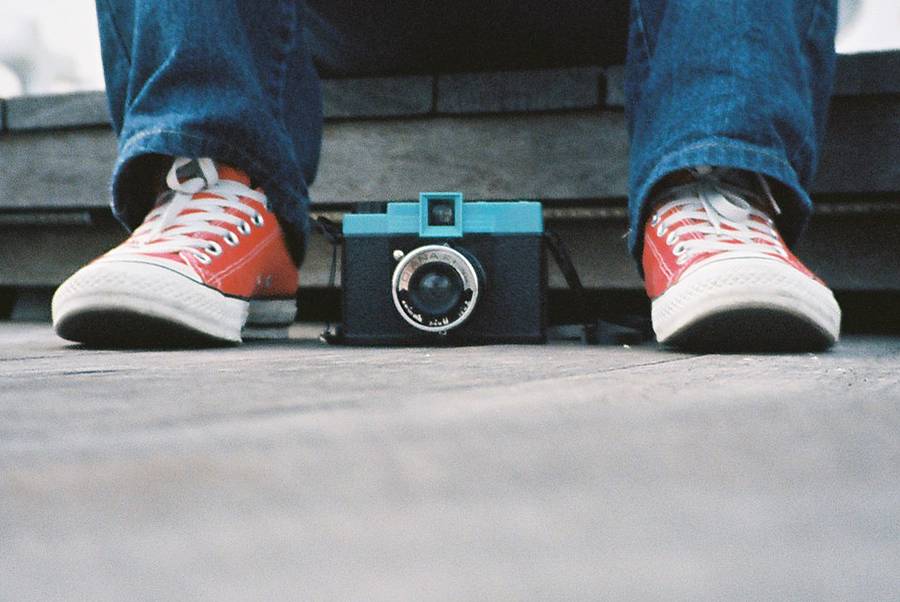

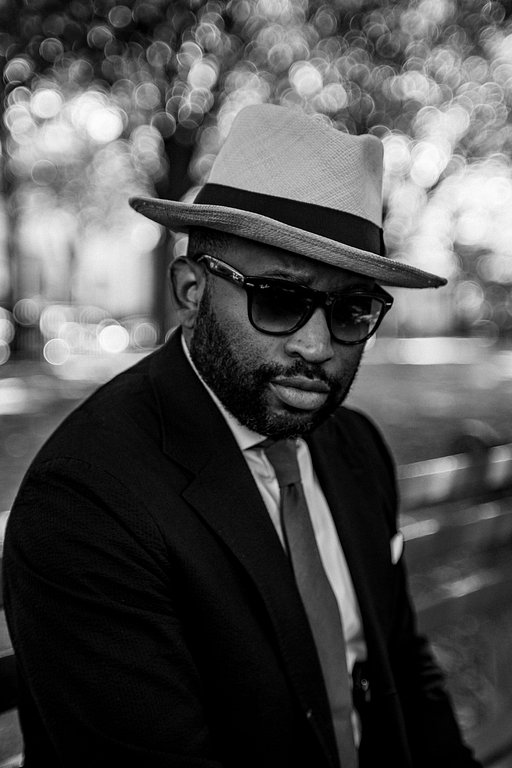






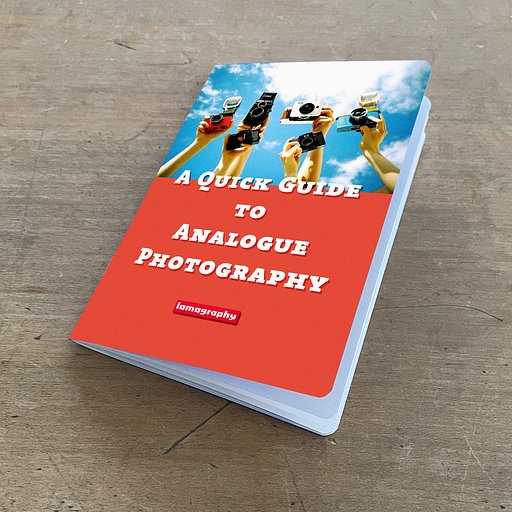

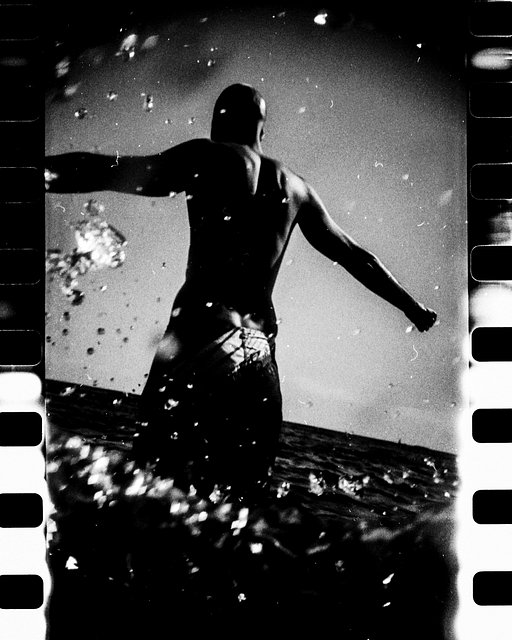





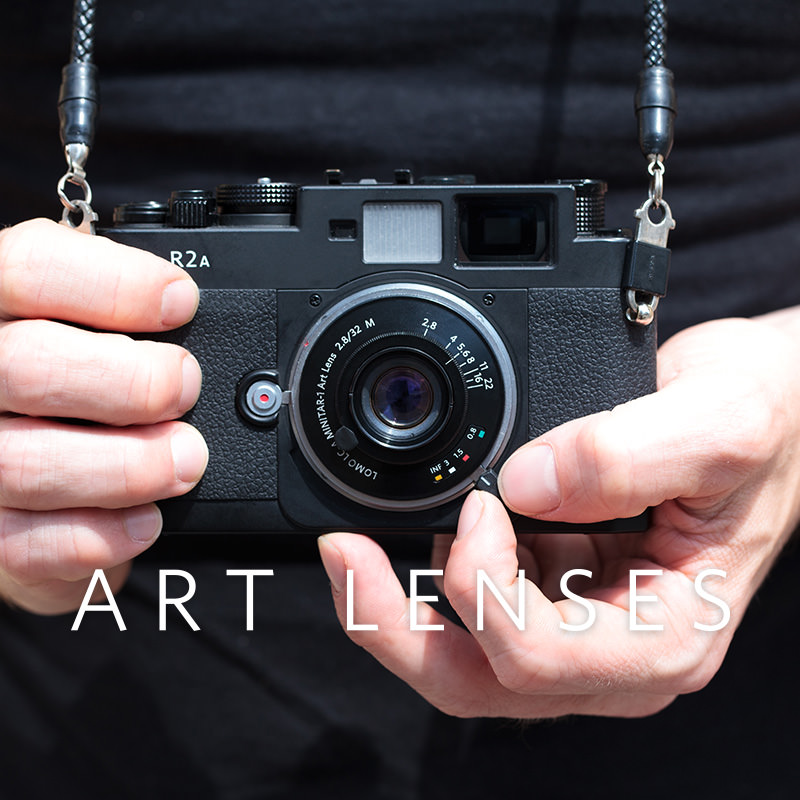
6 Comments